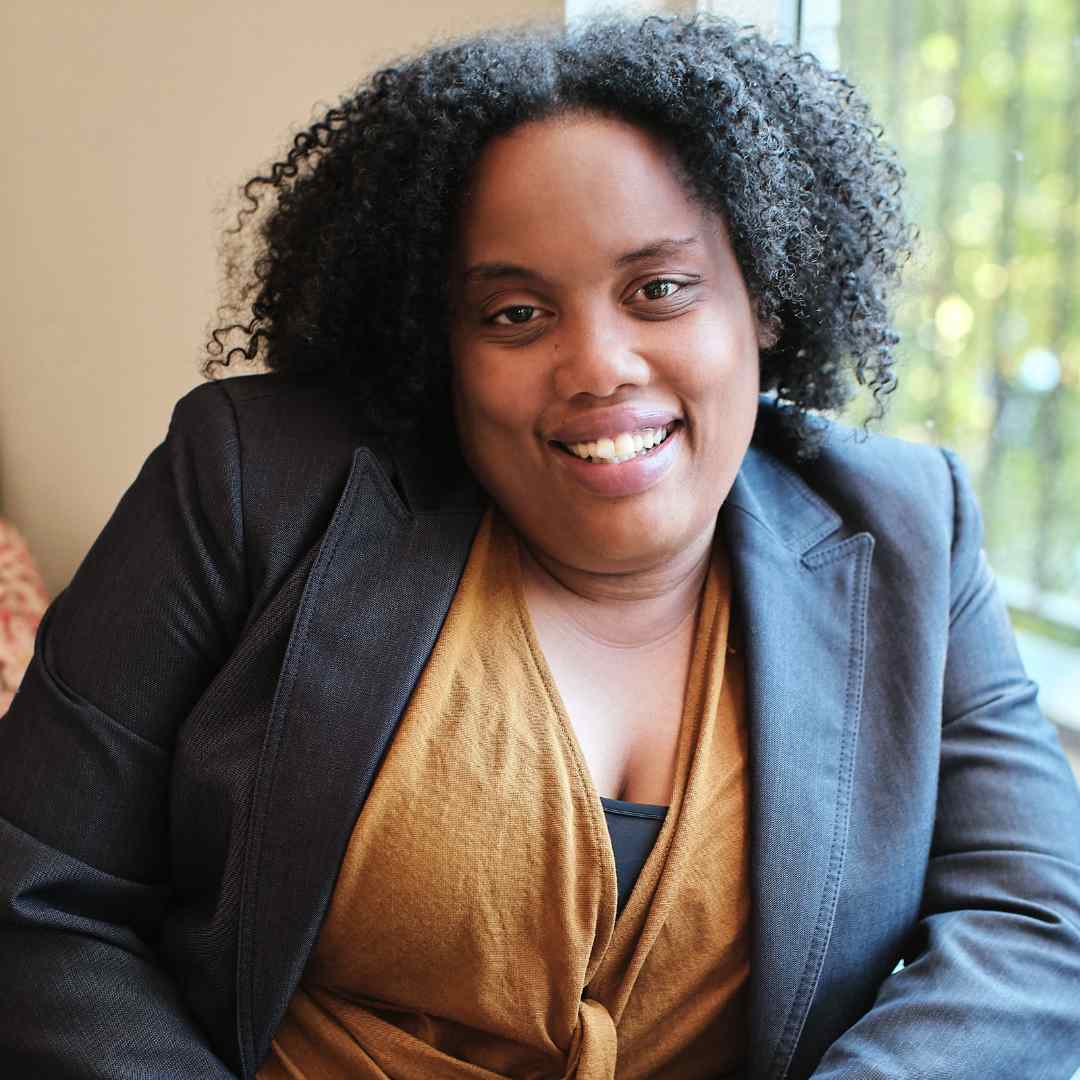Allies and Advocates: What They Are and How to Become One

Melissa-Malcom King
In one of IDRPP's recent Multicultural Disability Network (MuldiNet) presentations, Melissa-Malcom King shared her experiences and perspectives as a queer woman of color with a disability. She spoke on being and becoming an advocate or ally.
"As a person with a very intense intersection, I [believe] it [is] important to give voice to these causes because so often they are overlooked in our society today," King said. She explained that nearly her entire life she felt excluded or judged, whether that was for being black, disabled, or queer, pushing her to "put on a mask" to feel accepted.
'And I thought along this journey of mine to [self]-authenticity, that there must be a lot of people who, either on one side of the coin, are going through a similar experience as myself [or], on the other side, are in a space of privilege and they probably would like to learn more about how to embrace the situation."
"Part of the reason that people are afraid of something is because they do not expose themselves to it.," she said. "So I think that if people took the time to expose themselves to other cultures or communities, especially disability communities, they may have a little less fear when they see people in public because they will have the opportunity to learn more." King believes it is okay to start with little steps at first, such as reading books or watching TV shows with people or ideologies that are different than one is comfortable with, because that will help them grow to feel more comfortable with embracing larger things, such as socializing with or be more accepting of people who are different. Ultimately they may become an ally or advocate.
What is the difference between an ally and an advocate? King says, "An ally is someone that has done the work and they're in the space of being to support a particular community or group. An advocate is someone that will speak out and support certain policies and procedures that help a particular group." Essentially, an ally speaks up and supports within their own group and an advocate is comfortable with advocating for their group's rights or beliefs outside of their own group.
King's main message for everyone, especially Utahns, is to seek to be understanding and supportive of people or communities that may be different than what one is naturally born into or comfortable with. "Any action that we do to support humanity supports everyone. ... Just because people disagree on something doesn't make one side wrong, one side right. It's just a different way of looking at something.
'We have to be careful that our values do not devalue other people. ... If what I'm doing is devaluing somebody else, then it requires self-reflection as to why because ultimately, our goal in life should be to love and accept people for where they are and not what we want them to be."
If you are interested in learning more about MuldiNet or King's presentation, please visit MuldiNet's website.

